Food prices increased by 1.6% in January on the back of a rise in ambient food inflation, according to the latest BRC-Nielsen shop price Index.
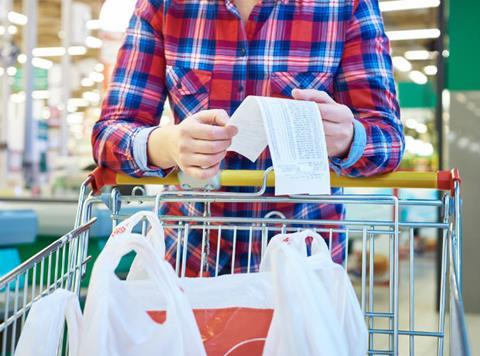
Overall shop prices fell by 0.3% in January, compared to a 0.4% decrease in December, driven by a decline in non-food prices of 1.5%.
The rate of food inflation increased by 0.2% from December, below the 12-month average price increase of 1.7% but above the six-month average rise of 1.4%.
Fresh food inflation eased to 0.7% in January from 0.8% in December, down from the 12- and six-month average price increases of 1.2% and 0.8% respectively.
But ambient food inflation accelerated to 2.8% in January up from 2.4% in December - the highest inflation rate since April 2019.
British Retail Consortium chief executive Helen Dickinson said: “Grocery prices could rise further as last year’s increase in global food prices filters through to British shelves; nonetheless, food prices remain low by European standards.
“Rising costs from business rates, minimum wage increases, and the Apprenticeship Levy continue to put upward pressure on prices. When combined with fierce competition across the industry, margins are being steadily squeezed as retailers strive to keep prices low for consumers.
“The government should make good on their promise to reform the broken business rates system, doing their part to secure the vibrant high streets British consumers deserve.”
Nielsen’s head of retailer and business insight, Mike Watkins, added: “Whilst promotions in supermarkets have returned to more normal levels post-Christmas, the sector remains embattled with fierce price competition which looks set to continue. And after a decline in volumes across food retailing last year, the industry will be looking to stabilise sales in the first quarter.”

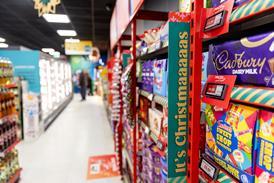







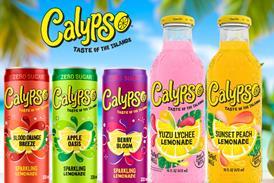



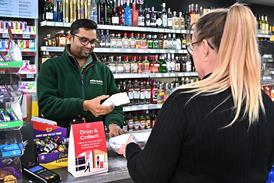







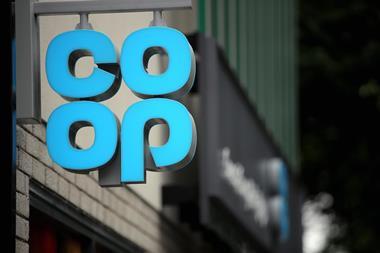
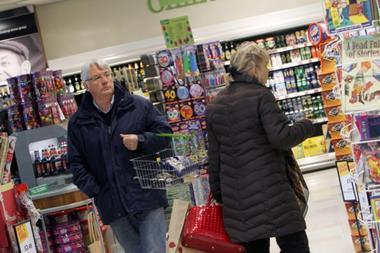
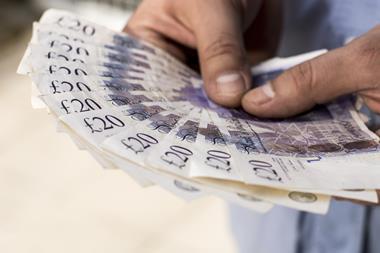
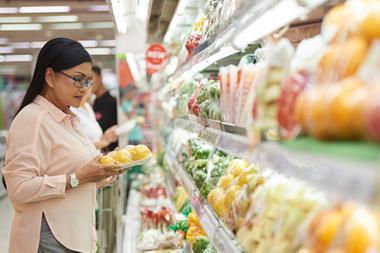







No comments yet